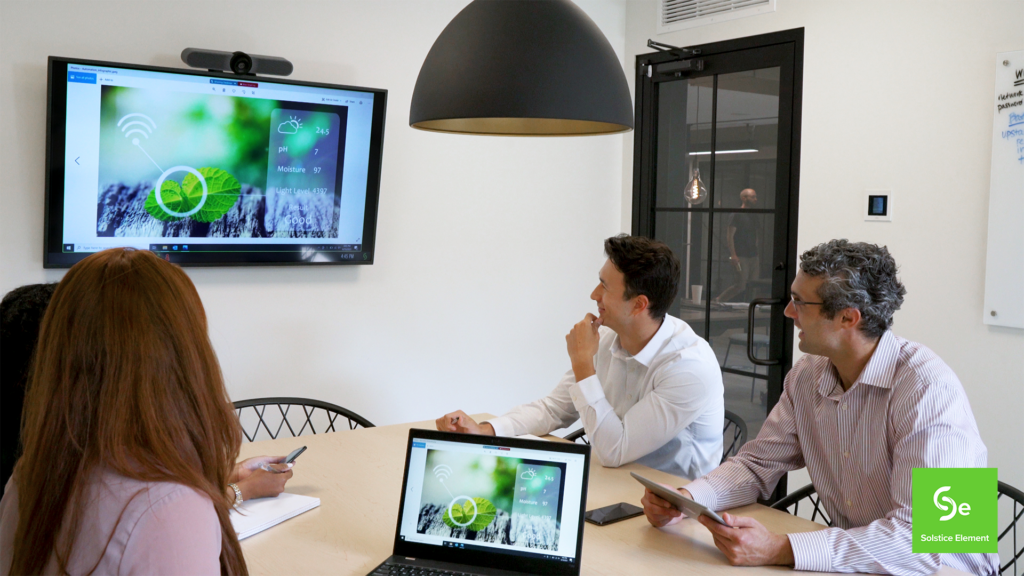Wireless Collaboration.
Effortless Connections.
Unleash your teams’ collective potential with Mersive Solstice. Bring your content to life, and bridge gaps between teams and technology for an unmatched collaboration experience that sparks innovation in enterprises and education.
Connect, present, and captivate effortlessly.
With Solstice. Only from Mersive.
Collaborative Productivity
Solutions
Solstice, our award-winning wireless presentation platform, has revolutionized wireless content sharing, eliminating the complexities of connecting devices and simplifying presentations. Designed for enterprise applications, teams can seamlessly share content for enhanced productivity.


Tailored Solutions for
Education
Mersive offers Solstice for Education, a solution with specially curated capabilities and a unique pricing model dedicated to meeting the distinct needs of higher education institutions. Empower students and educators to do more–with seamless wireless content sharing for an immersive learning experience.
Simplified Wireless
Sharing
Streamline team presentations with Solstice Element, the ideal starting point for sharing content and providing digital signage on idle screens. Revolutionize your workplace communication and collaboration effortlessly with Mersive’s easy-to-use, share-only solution.

Trusted by the best.
“In our new headquarters, we wanted to offer our co-workers access to the very latest technology, to maximize collaboration and to make information sharing fast and simple. Plus, being in the financial industry, data security and centralized management are paramount. We sought the right wireless solution to create a clean, easy and inclusive working environment. Our vision was that anyone in a meeting could securely share content from any device quickly and easily including smartphones, laptops, tablets, and other devices. Mersive Solstice Pods were the perfect solution as they allow for a number of devices to be connected to one screen without any risk of data breach or viruses. It enables a truly interactive meeting whereby all participants can contribute content to the display as part of the discussion”.
Antonio Amoroso, Technical Architect at BNL Gruppo BNP Paribas, a leading banking group of Italy




Commonly Asked Questions
What is Mersive’s Solstice collaboration software all about?
Mersive offers a wireless content sharing solution, Solstice, that simplifies the process of connecting and presenting to displays, eliminating the hassle of stop-and-start handoffs, the need to set up the room ahead of time, and searching for cables each time you meet.
How does Solstice for Education differ from the other products?
Solstice for Education is uniquely designed to meet the needs of higher education institutions, with targeted features and a pricing structure that aligns with the purchasing requirements of educational settings.
What are the key features of Solstice Element?
Solstice Element serves as an entry-level solution for teams to effortlessly present and also display digital content on screens that may otherwise remain idle.
What are the main products offered by Mersive?
Mersive provides three main products: Solstice for full-featured enterprise applications, Solstice for Education tailored for higher education, and Solstice Element as a simple solution for teams to present and display content on screens.
How does Mersive’s software enhance collaboration in the workplace?
Mersive’s software streamlines the process of sharing content wirelessly, making it easier for teams to connect and present seamlessly, ultimately boosting productivity and collaboration.
Is technical support provided for Mersive products?
Yes, Mersive offers technical support and extensive documentation for its products to ensure that customers have a smooth and efficient experience with our technology.
